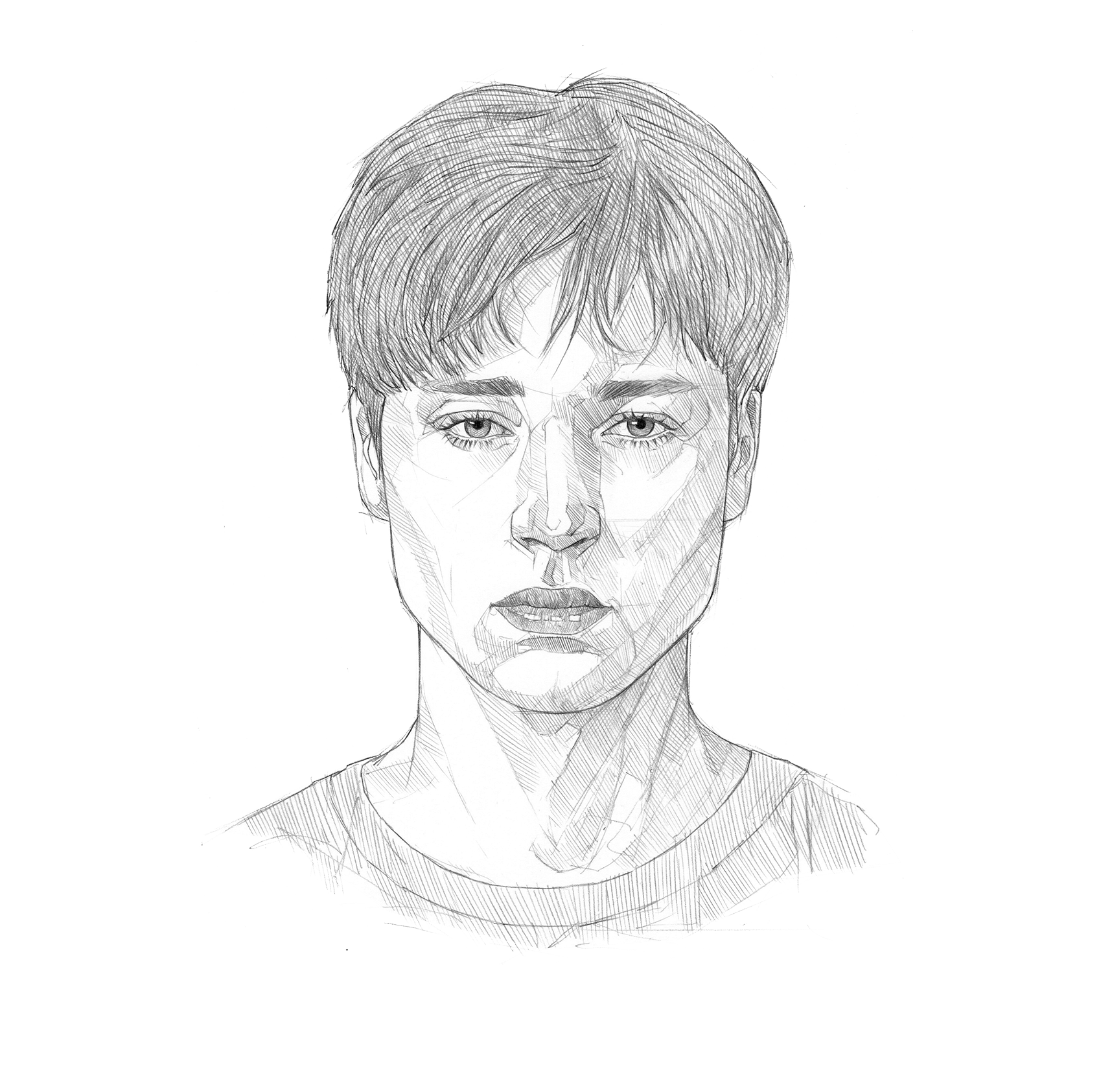Female
Personally for me [if I experienced sexual assault], I think sharing with a friend, or the counselling center would be more better. Obviously, as the other said, [sharing with someone] coming from a South Indian…
My opinion is that there are two options: Either report, or you decide not to identify yourself, and still take the services. I feel that both should be in place, because like the other participant…
If you think about the South Indian perspective, I say the experiences and trauma would be just the same with any person, no matter the ethnic group or gender. But I feel […] someone who…
[To support a survivor], I think you should have good listening skills. You should also be very patient, but at the same time, someone coming to you about such a crisis, I think you should…
With sexual assault, it is good to have as much support as possible from your friends and family. It is not the kind of thing people can deal with by themselves, as one of the…
I think we may have different boundaries than others. I think its just getting an idea about where our boundaries are. Obviously, we don’t have the same viewpoints like maybe our grandmother did/does but it…
What I feel is that we have come way too far in globalization, and there is a lot mingling and acceptance with us. Even the corporate culture – we are working on and with the…
I think one of the things you’d need to think about before giving advice [to a friend who had experienced sexual assault] is to make sure you do not minimize emotions. For example, don’t make…
From my mom’s perspective, first, she wouldn’t be happy about me talking about it [sexual violence] to other people. You know, that’s our culture. You are not supposed to discuss this with other people, in…
I guess people in this group [are] saying “progressive South Indians,” but there are lot of South Indian people who wouldn’t think this progressively, and wouldn’t be comfortable with all of this, and who have…

